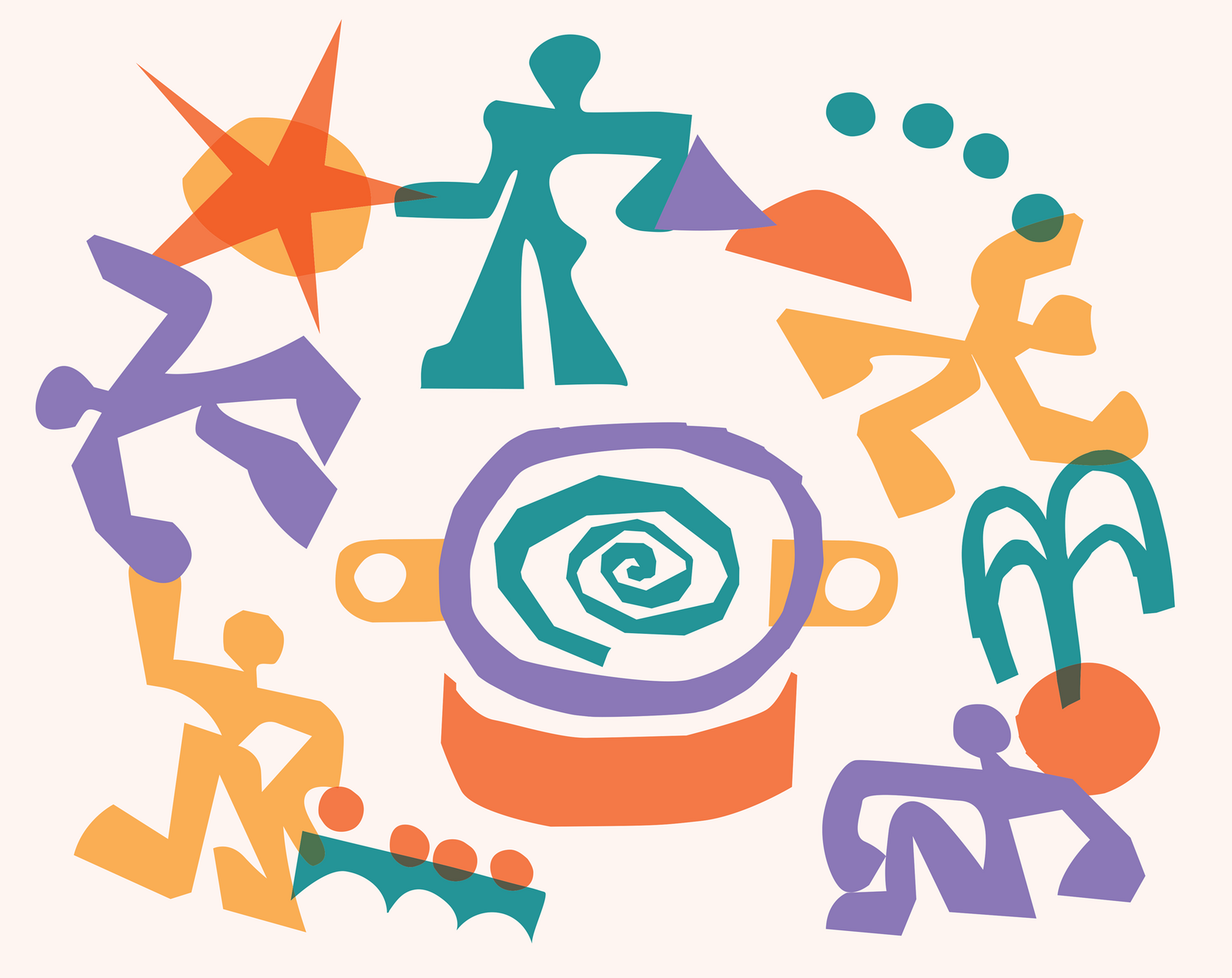July 8–September 10, 2023
Mauritiuswall 35
50676 Cologne
Germany
Hours: Thursday–Sunday 12–7pm
T +49 221 30234466
info@temporarygallery.org
Artists: Stavit Allweis, Yemisi Aribisala, Bobby Baker, Daniel Basso, Will Benedict & Steffen Jørgensen, Anna & Bernhard Blume, Elena Braida, Gabriel Chaile, Marie Donike, Paula Erstmann & Lisa Klosterkötter, Jakup Ferri, Ingrid Guardiola, Hiwa K, Dagna Jakubowska, Jasleen Kaur, Mary Maggic, Sonali Menezes, Julius Metzger, Paloma Nana, Luiza Prado, Btihal Remli, Jasmin Werner, Ilana Yacine Harris-Babou, and others
Curated by Agustina Andreoletti and Aneta Rostkowska.
Exhibition design by Daniel Basso.
Cooking is a performative act deeply connected to our ideas of home, nourishment and community. Whether we are following a recipe in our kitchens, watching cooking shows on our mobile phones or sharing recipes with loved ones on phone calls, cooking can bring us closer to ourselves and others.
At its core, cooking is about connection—to histories, cultures, sensations, ingredients and bodies. It allows us to feel a sense of belonging and safety in a world that often feels chaotic and uncertain. Through cooking, we can connect with the dead, those waiting to be born and our predecessors who poured their souls into their cooking.
Watching cooking shows on TV and scrolling through amateur cookery videos on YouTube are just two examples of how we can engage with the performative nature of cooking. Watching cooks on screens can be a form of pleasure and entertainment, allowing us to learn more about different cuisines and cooking techniques and also to indulge our senses, consuming and taking in without moving our index finger from the laptop’s trackpad.
Following a recipe, on the other hand, requires a willingness to be present in the moment. The original recipe blurs as we borrow, appropriate, re-create and eat. Following a recipe demonstrates that there is much more to the amateur cook’s work than submissively following the instructions in passive participation. It exists in the possibility of practicing a way of following that is not reduced to obedience to commands and is one that even critically questions authority. Instead, to follow can be to initiate. In other words, following a recipe can be the initiative to create new possibilities for ourselves and for others, to start relationships based on trust.
Creating and performing a recipe for others to follow is leading. But that does not mean that we are unquestionably deciding. Sharing a recipe is refusing the function of definitive authorship. Sharing a recipe with a camera, with an audience, with people we love does not emerge as a force of unidirectional authority, just as following does not appear as a merely reactive and humble behaviour.
Ultimately, the performative nature of cooking is about more than just food—it is about the connections we create and the stories we tell in the process. It is about the ways in which we use language and movement, both sensual and technical, to guide and describe our experiences. And it is about the power we have to shape our own identities, communities and histories through the act of cooking and sharing food with each other.
We observe, we cook, and we eat. At which point have we embodied the recipes, voices and lessons to create our own?
Written by Agustina Andreoletti.
On the occassion of the exhibition a riso booklet with unusual cooking recipes was produced. It can be found on our website here.


